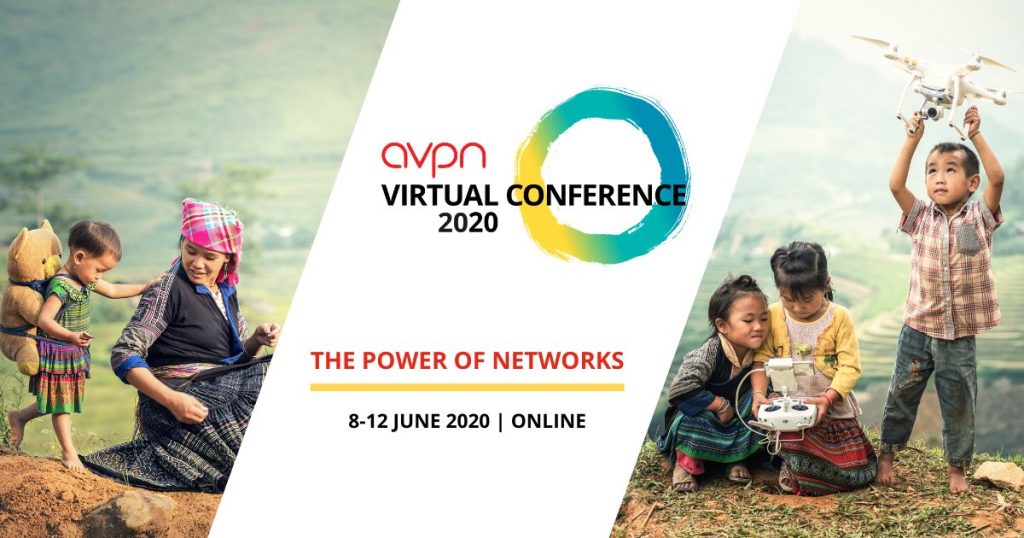If unable to view, please use this link.
Session Highlights:
- The COVID-19 pandemic has created unique barriers to education, especially for girls in the rural areas of India. This session placed a spotlight on how the lack of social and physical mobility have further exacerbated issues of poverty and gender inequality and also has potential to degrade progress on eradicting child labour and early marriages.
- One of the positive consequences of the pandemic has been an increase in public-private partnerships, especially around education. Panelists reflected on an organic change in the attitudes of active sharing between state governments and a new openness from the government to foster partnerships.
- Looking ahead, the speakers pointed to technology as a key driver of equality in the education system. However, they were careful to emphasize the need for blended models that embrace technology while remembering the importance of face-to-face community.
Session Description:
-
According to UNESCO, the number of learners affected by COVID-19 stands at over 1.5 billion children and young adults, representing over 90% of enrolled learners with 191 country-wide closures in place. A minority of these learners will find the transition from in-class learning to online learning relatively seamless, but for the majority of these children, access to technology, reliable and affordable data and a private and safe place to undertake at-home learning remains completely out of reach. Education remains the key to a pathway out of poverty for many, and this session will examine the challenges of delivering educational outcomes in this environment and the longer-term consequences for education systems. This session will also focus on the challenges in examining whether this education environment is creating additional barriers to access to education for girls.
Key Takeaways:
- What are the unique barriers to education during COVID-19 faced by girls, students living in rural areas, and other underserved communities
- What are concrete steps that funders, NGOs, governments, and other stakeholders can take to address these inequities in education systems in the short-term, medium-term, and long-term
- Looking towards the road to recovery in a post-COVID world, how can we ensure that the most vulnerable children are put in the center of education systems planning and not left behind

















